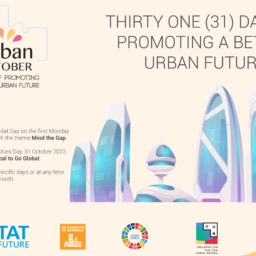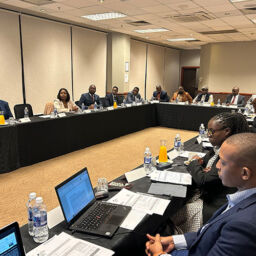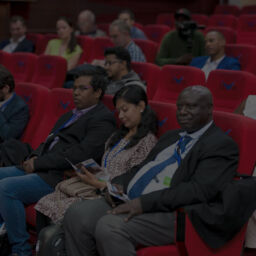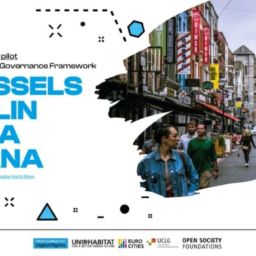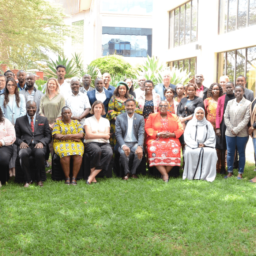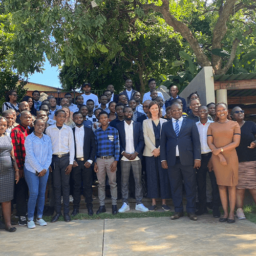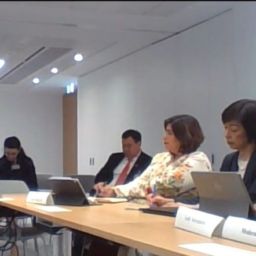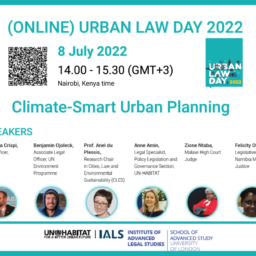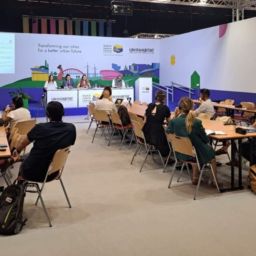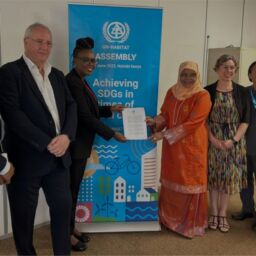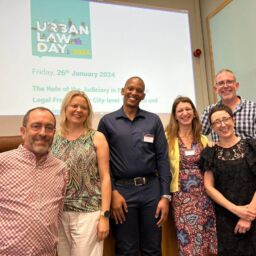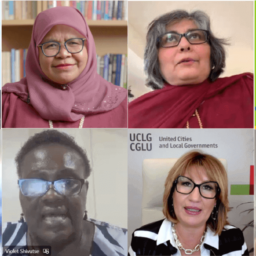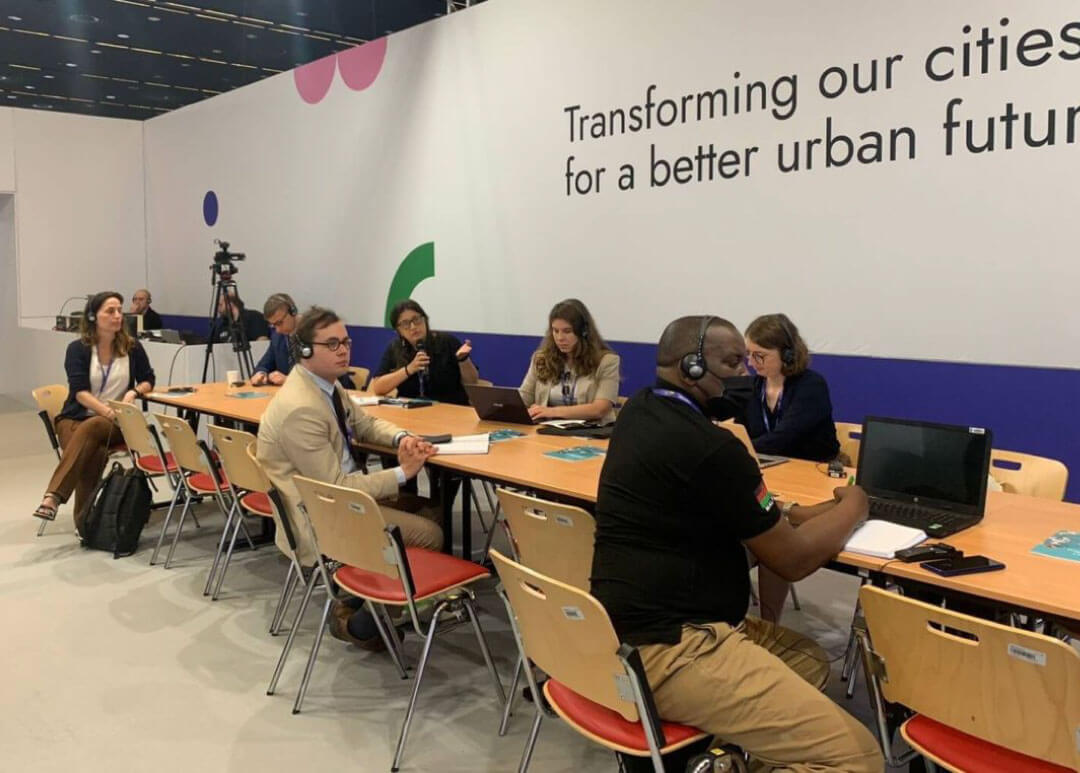
Katowice, Poland, Tuesday, 28th June 2022
building knowledge for effective climate change laws
167 in-person and virtual participants, ranging from national and local governments, civil society, academia, and the private sector are better equipped to make localized decisions to tackle climate change after participating in a training event during the 11th Session of the World Urban Forum that discussed the role of law in minimizing the impacts of climate change.
In many countries, especially in the Global South, the laws, institutions, and policies governing urban planning in cities have unintended effects on their capacities to adapt to the changing climate. Urban law plays an important role in increasing cities’ resilience as law defines urban forms where land, infrastructure and basic services can be built. This was echoed by the Chief, Urban Practices Branch, UN-Habitat, “Law is a powerful tool that can be used to direct spatial planning and design in a climate-friendly direction and promote positive outcomes by directing behaviour towards collectively agreed public objectives.”
The three-hour session provided a platform for discussion on relevant tools and best practices related to the topic, with particular attention on the Law and Climate Change Toolkit. According to one of the co-developers from the Commonwealth Secretariat, “the Toolkit is a global resource that assists countries in legal reform by suggesting exemplary legislation and specific provisions from legislation around the world that may assist in addressing identified gaps.”
The UN-Habitat Urban Law Module of the Toolkit also featured, which helps cities and countries to craft implementable laws for effective urban planning and land use as well as support sound climate change action plans to minimize the impacts on vulnerable populations. Discussions also focused on identifying the interrelationships between urban planning and climate change as well as exploring the entry points for city involvement in climate change action through climate-friendly urban planning.
Ms. Zione Ntaba, High Court of Malawi, and Ms. Felicity Owoses, Legislative Drafter, Ministry of Justice, Namibia shared their experiences of applying the Toolkit in both Malawi and Namibia. In particular, Ms. Zione mentioned that:
“Through the use of the Urban Law Module of the Toolkit, Malawi officials will commence a legislative reform process including introducing and expanding economic and non-economic incentives, such as tax breaks for green construction or cleaner technologies.”


